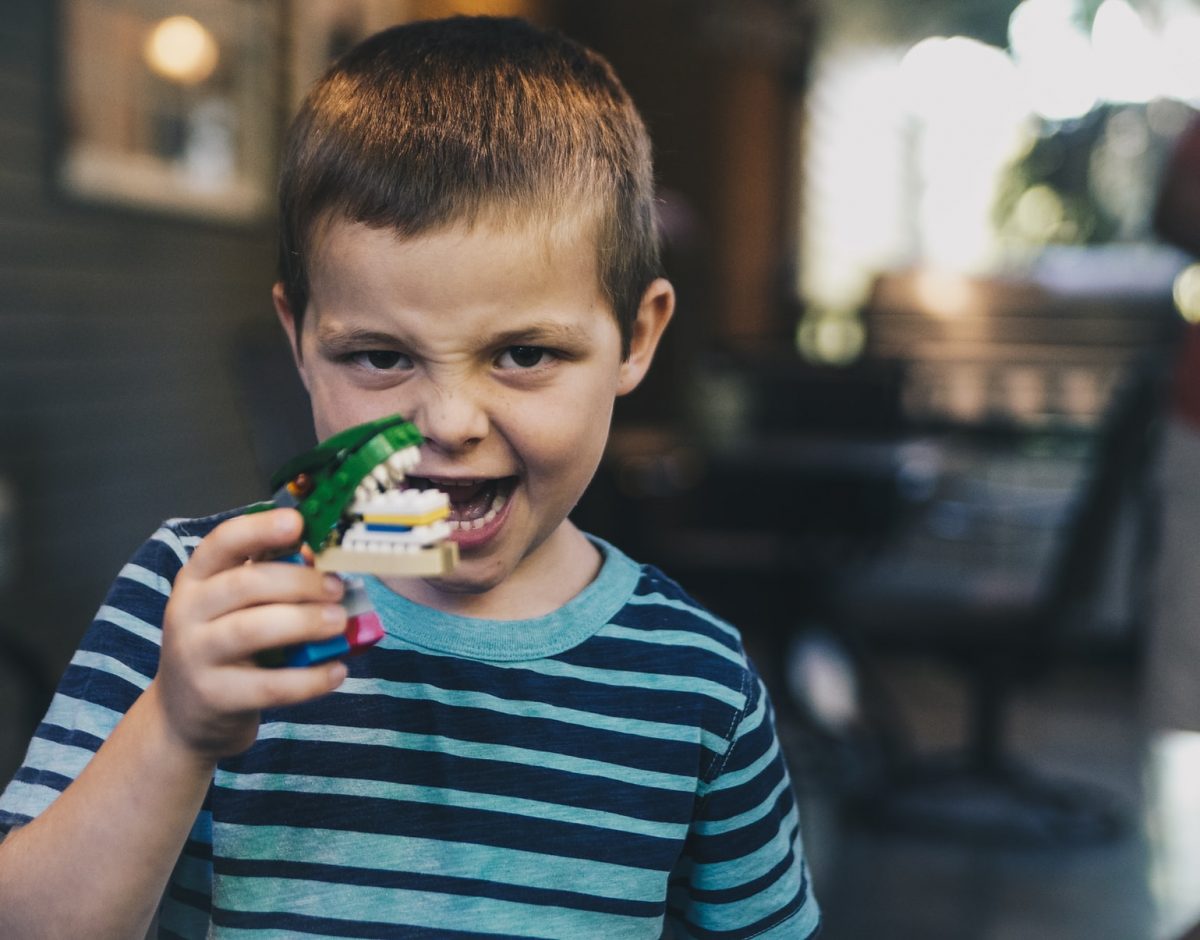Having a baby is the start of many “firsts” in our parenting journey.
Then come the toddler years, as we watch in amazement as our little ones learn and do so many new things each day.
But there is one common phase during the toddler years that may drive us crazy, even if it is necessary for development.
When our toddlers begin to speak more clearly as their language develops, it can be so exciting to hear what they’ll say next.
We schedule playdates so they’ll learn how to socialize and develop even more language.
We encourage them to share and play nicely with others, but then come the words that embarrass every parent…
“It’s MINE!”
How can they be ripping toys out of other children’s hands when we worked so hard to teach them to share? Why are they being so rude?!
Well, as much as it may bother us as parents, the “me” and “mine” phase is completely normal – even necessary for emotional and social development.
It all starts when we play with our toddlers, saying things like, “Is that your ball?” and they go on to learn, “It’s my ball.”
They begin to understand that they take “ownership” of something they want when they say it’s theirs.
The “mine” phase really kicks into high-gear between about 18 months and two years. It seems sometimes that’s all they say.
Sure, they’ll grow out of this possessive phase, but it can be frustrating when it coincides with the exact time that we’re trying to teach them compassion, empathy, and sharing.
If we’re honest with ourselves, we’re all a little (or more than a little) tied to our possessions and sense of propriety over our personal property.
We just get a little better about not vocalizing it to others as we get older.
But for kids ages two to four, they’re still learning a sense of self and how others relate to them based on different reactions.
Their sense of self – “me” – is directly related to their sense of “mine” at this age. They begin to understand that each person is unique.
There’s no denying that it is embarrassing to us when our child has an all-out temper tantrum over who gets to play with a certain toy.
But there are ways we can start early and use this normal behavior as a teachable moment.
First is to get down on a toddler’s level and explain the rules of play – screaming, pushing, or taking things from others simply because they want it are not allowed.
As they get a little older, they begin to understand there really are things that are theirs. They can differentiate “mine” from “yours” and know which actually belongs to them.
Now, of course we want our kids to share, but sharing is not always absolute.
Did your child receive a special birthday gift in the mail from grandparents, and now you have ten kids coming for a birthday party? In that case, it’s going to cause a major problem if your child has to share their gift.
When something is very new, or very special – like their favorite “lovey” — the sense of possession is much stronger.
It’s probably best to put that toy away and out of the reach of other children, explaining the reasons behind “bending the rules.”
Help facilitate sharing by setting a timer. Your child can have the toy for five minutes, then must give it to their playmate for five minutes. This teaches them to take turns and learn patience.
Remember, getting angry or frustrated with your child is only going to increase their frustration and make the situation worse.
Stay calm and consistent while being firm about your expectations.
Don’t forget, a parent is a child’s first, and most important, teacher.
Be a good role model by intentionally sharing in front of your child. When Mom says, “I’d like to share my cookie with Daddy,” you’re modeling the way it’s done.
Throughout the toddler and preschool years, it’s normal for kids to be focused on what they want and need in order to develop their sense of self.
While we can talk them through it and encourage the proper response, it still takes time for it to click.
They’ll soon leave the possessive phase behind when they learn more about interacting with others.
They’ll find that the way they act influences the way others act, and that sharing and kindness are reciprocated.
So, for now, let go of the embarrassment of your toddler kicking and screaming on the floor that “it’s mine!”
Just like every other phase of childhood, this too shall pass.
What are some of your tips for getting through the possessive phase? Leave us your comments.

